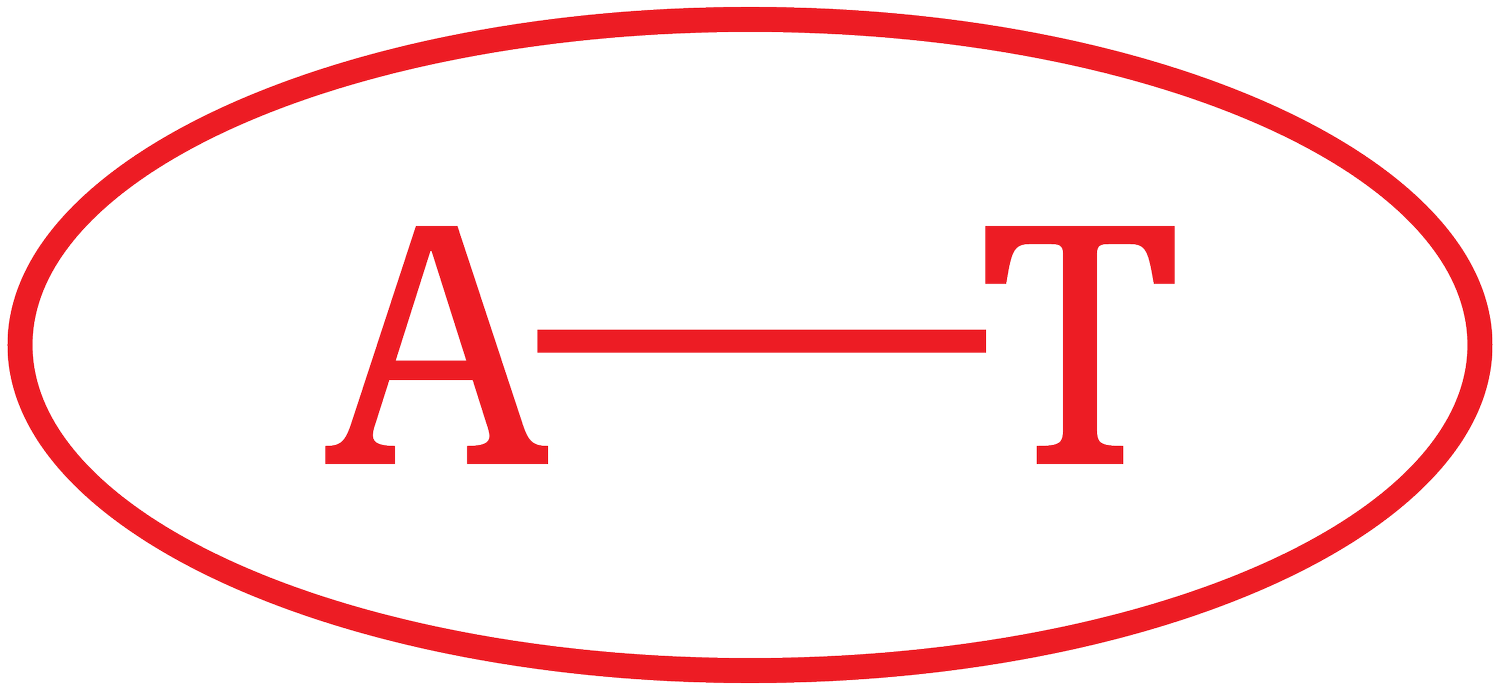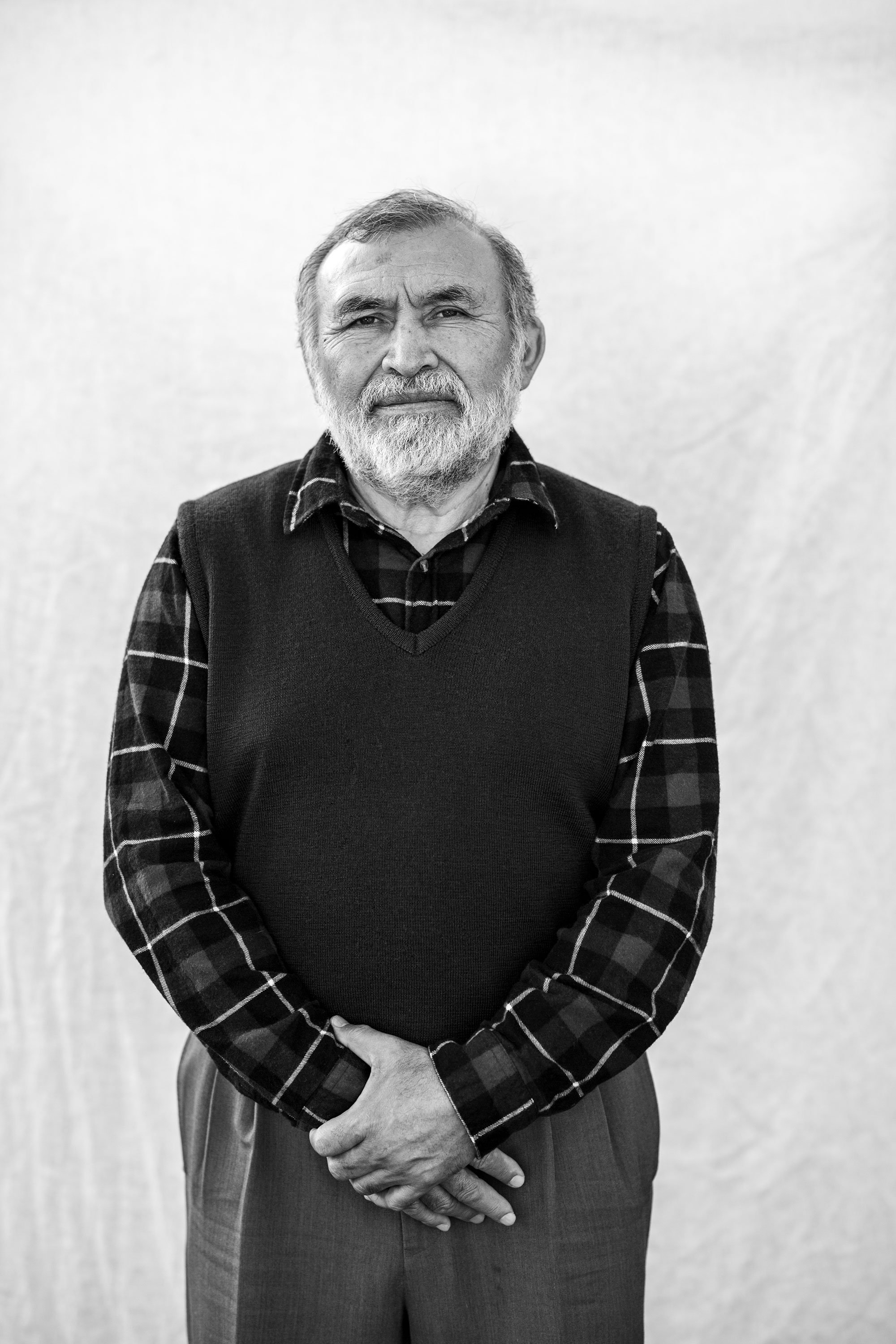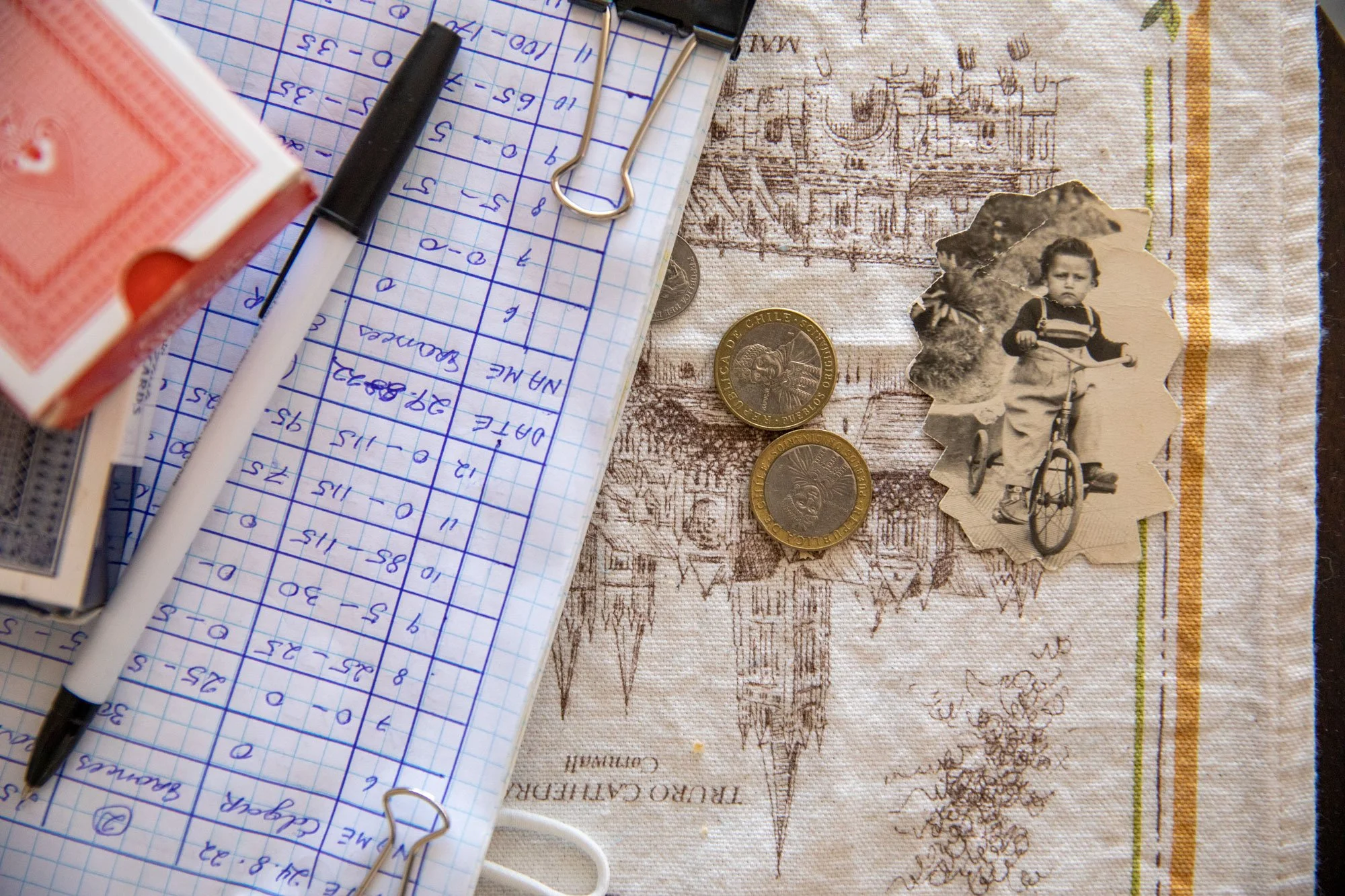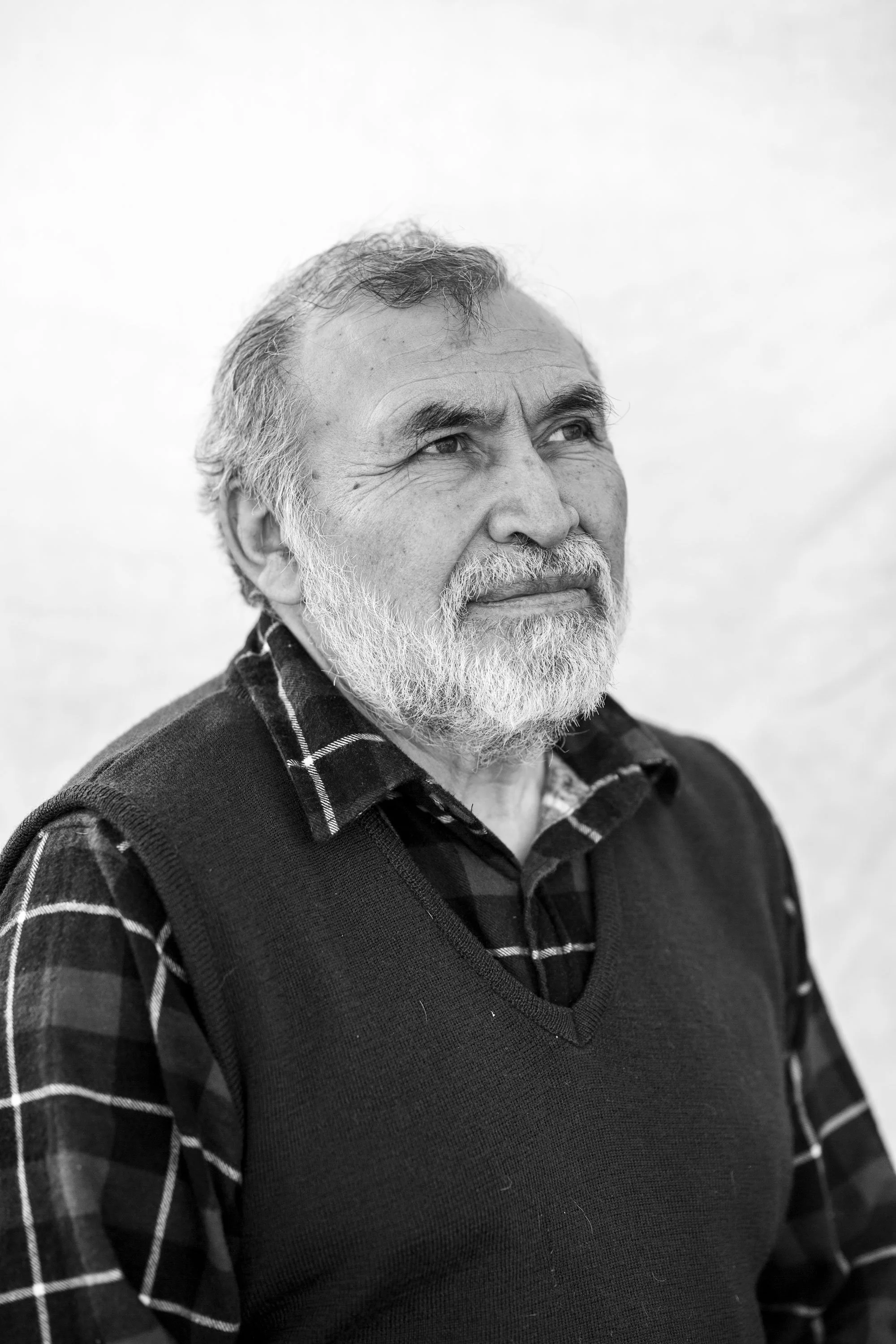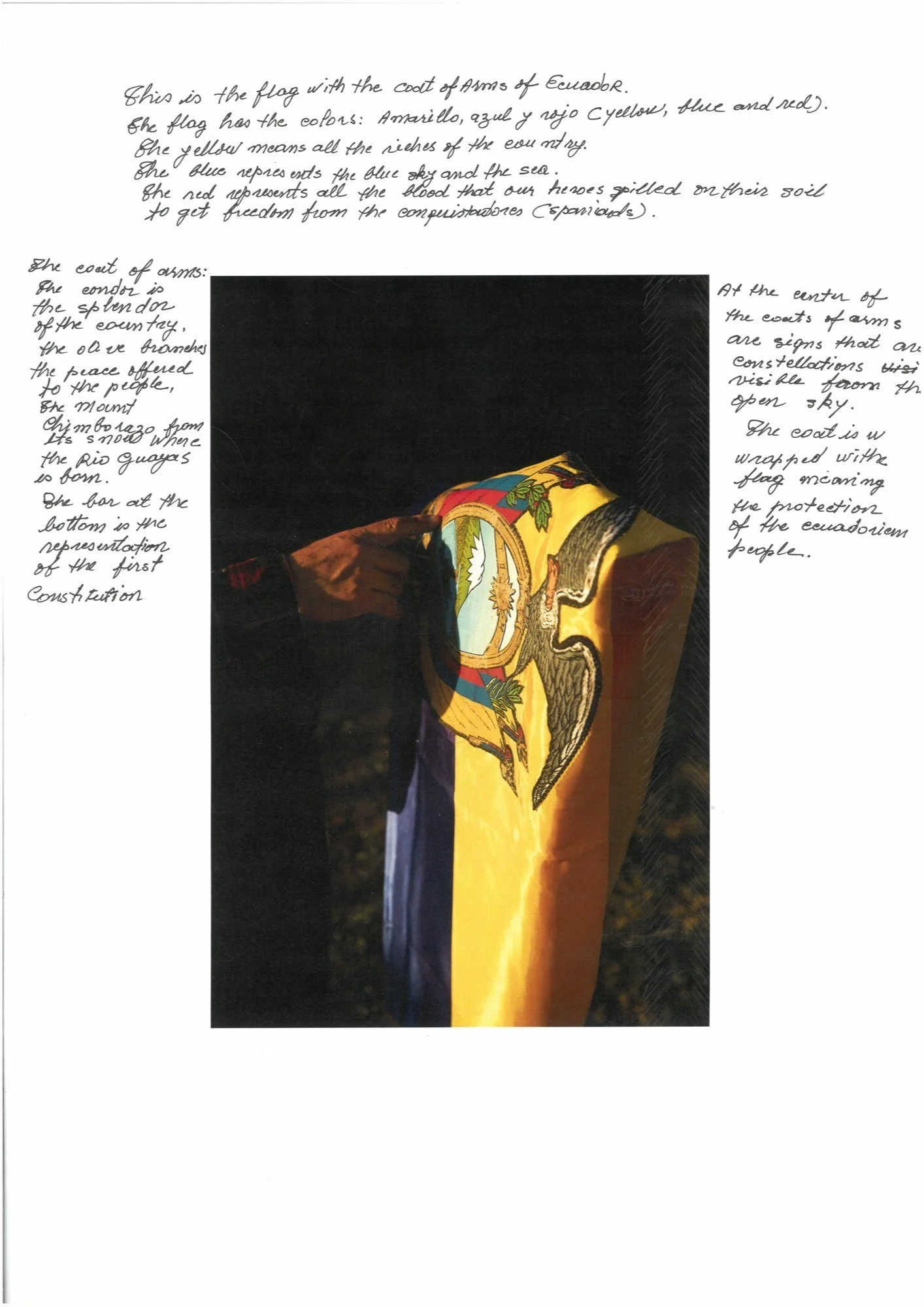This StoryBank is best viewed on a laptop or desktop computer. You may browse it on your tablet or mobile, however, we recommend switching screens for the best experience.
ReConnect Bathurst:
Edgar Coello
I arrived in Australia on the third of May 1971. Can you believe it was more of an accident than a wish?
I was working in Quito in Ecuador. And we come out of the office and we go for lunch. We came back two and a half hours later, maybe 2.30 pm. On this particular day, I came out of the office and I crossed the park to catch the bus to go home. And when I was there at the bus stop, I saw an old colleague of mine from the school walking towards me.
So I haven’t seen him for a long time.
“Oh, hello, what are you doing around here?”
He said, “I’m going into the High Commission of England.”
I said, “so are you going to England?’’ He said “no, no, I’m going to Australia.”
So I thought ‘I might be interested in that’.
And instead of going home for lunch, I went with him to the High Commission of England.
We got over there, my English was only a little, you know. When we got there they asked if I spoke English. My response was “yes”.
They gave me these papers. So I sat and I looked at it and I could understand a few things. So I filled it up as much as I could.
Maybe six or eight weeks later, I got the letter, saying the application has been approved. We would be granted permanent residence in Australia. It said that you have 12 months to take advantage of it.
And I said, okay, let’s see what happens.
It was like throwing the coin into the good luck pond.
I arrived by myself, with about maybe $40 or $45 in my pocket.
So I jumped on the bus. It was a double-decker bus. I went to the top floor. To the front, I went to see everything. And then I saw the sign, ‘vacancies’. I thought ‘vacancies, that is employment’.
So I just got out of there and I followed this sign. And it was the Tooheys Brewery. I saw the people lining up. So I went to the back of the line and waited. They said “is that your name? Is that your passport?” “Yes”, I said. “You just arrived this morning?” I said, “yes.”
“And do you want to work?” I said, “of course.” So l filled out the papers and they said, “well, can you start tomorrow at 7.30?” I said, “of course, I’ll be here at 7.30.”
I started working on Thursday the fourth of May.
The day after I arrived.
One day I worked late and I went out on the street, I was hungry. And there used to be a store over there just in Broadway.
So I said to myself, okay, I’m going to buy something here. I’ll buy a chicken.
So I walked in and I said, “Oh, can I have a kitchen?”
The guy in the store said “no.” I thought, ‘oh he doesn’t want to sell me one, I’ll ask for half’.
“Can I have half of kitchen?” “No,” he said.
I think ‘why doesn’t he want to sell me half? Maybe a piece?’ And I said, “can I have a piece of kitchen?” “No.”
What’s he doing? He doesn’t want to sell me the food that is right there and I’m hungry. So I say “well, can I have one of these?”
“You want chicken? Of course, I could give you that.”
I got my chicken and I was laughing at myself, laughing my head off.
Listen to Edgar share this funny story from his early days in Australia:
My wife was pregnant and still in Ecuador. I needed to somehow get her to Australia.
Talking to one Italian fellow over there in the factory. He said to me, “why don’t you try to learn English? Practice?” I asked “how am I going to do that?”
He said, “go and get the license as a taxi driver. That will be a good opportunity, you will have people that will talk to you”. So I said okay, I went and got my license as a taxi driver.
And then I thought about the situation. You sort of work in a taxi, then you have to go home, you have to cook, you have to do this. I said, no, no I’ll get the second job. Washing dishes in the restaurant.
Then I’ll go in the taxi in the morning and during the day. At night, I have my food, I wash the dishes.
And that’s what I did.
So eventually, my son was born. Seventh of July 71. I sort of had the most difficult day. It came to my mind that perhaps I should go back. Because I should not be here. I should go back.
But then the second voice said, “no, don’t quit”. You’ll never quit. So keep doing what you’re doing. And that was it and I keep working.
I started my studies in 1979 (University). Instead of doing part-time, I wanted to do full-time. Saturdays and Sundays I worked in a taxi. I slept very little and I worked very hard.
I suppose that every individual has his own experience. And every individual perhaps lives his life and in a way people don’t think about it.
And there are trials that you may have, challenges that you may have to overcome, maybe even distress or desperation.
Perhaps, you know, we are coming with different ideas, what do I do? What is next? Which way? Do I go right, left or forward?
It’s this sort of thing that every person, I believe, has in their life.
Sometimes we choose the right way. And sometimes perhaps the wrong way. And there are always consequences, bad or good.
And that’s how it is.
That’s life.
I remember one day I was a bit upset with the kids. And I sat them at the table.
I said “listen, I want you to listen very carefully.”
“You all have brains. The thing that you need to do is use them.”
“It’s up to you, not me.
I’m not going to tell you what to do. It’s your life.
I will be very sorry if you choose to do the wrong thing.
I’d be very happy if you choose the right thing.
But whatever you do, use your brains.
And that’s it.”
Listen to Edgar share his thoughts about aging and life:
I always tell them look, keep going forward.
No matter what keep going forwards.
Because if you want to go back, you are only delving into the past and by doing that you are getting frustrated with yourself.
And then what are the consequences?
Well, the past is past.
So what, I made a mistake on the back.
I always try to keep going forward.
That’s my philosophy.
That’s my life.
This project is proudly funded through the State Government’s Local Government Social Cohesion Grant Program. ReConnect Bathurst is an And Then project delivered in partnership with Bathurst Regional Art Gallery.
Current: Edgar Coello
Next: Aunty Shirley Scott and Aunty Sandra Peckham
Uncle Bill Allen
Bev Cooney
Cheryl O’Brien
June Paton
Gus Gorton
Lonnie Edwards
Yvonne Morgan
Enn Muller
Jan Sheppard
Edgar Coello
Aunty Shirley Scott and Aunty Sandra Peckham
Mike Hardie
Frank Smith
Clive Brabham
Eddy Suttor
RECONNECT BATHURST PARTICIPANTS’ INDIVIDUAL STORYBANKS
PROJECT INFORMATION
WHEN
April – November 2022
WHERE
Bathurst, NSW
WHY
We believe that stories matter and that stories like those shared here hold power and significance.
The vision of the project is to use photo-storytelling and cultural preservation practices to develop social and creative connections and experiences with older people from the Bathurst area. This project celebrates the participants' lived experiences while encouraging dialogue around ageing, isolation and ageism.
Social-arts projects like this are important as they transform public spaces and help to build a sense of community. It’s been wonderful to reimagine Pedrottas Lane in Bathurst and to create an online representation of the physical exhibition with a project made with the community, for the community.
WHO
We were honoured to be invited by Bathurst Regional Art Gallery to create and facilitate ReConnect Bathurst.
16 older people from the Bathurst area. Many of the participants were nominated by local community organisations while others serendipitously came to be a part of the project. We’d like to thank The Bathurst Aboriginal Land Council, The Wiradjuri and Community Aboriginal Elders, The Neighbourhood Center, Bathurst Business Chamber, The Woodies, Bathurst RSL Sub Branch and the Country Women’s Association.
With special thanks to Dinawan Dyirribang (Uncle Bill Allen), Bev Cooney, Cheryl O’Brien, June Paton, Gus Gorton, Lonnie Edwards, Yvonne Morgan, Enn Muller, Frank Smith, Jan Shepard, Edgar Coello, Aunty Shirley Scott, Aunty Sandra Peckham, Mike Hardie, Clive Brabham and Eddy Suttor.
HOW
Our stories are a wonderful connection point. It’s through sharing them with each other that we make space for conversations that can inspire, that can expand our understanding and in some cases, leave us changed.
During this project, we spent time with each person, we talked, reflected on old photographs, made images together and worked through various ways of co-authoring. Socially-engaged practice empowers participants to participate in the creation of their stories, allowing them to represent themselves in the way that they choose.
We often leave a camera with participants and invite them to engage in their own image-making. There’s something raw and revealing about the images made this way, about seeing the world through the participants' eyes.
AND THEN
Through their stories, we see facets of vast lives lived. We witness the snapshots and threads that when woven together create a rich tapestry. Our hope is that as stories wash over us we’re able to make space to contemplate connection and the beauty of community.
This project is proudly funded through the State Government’s Local Government Social Cohesion Grant Program. ReConnect Bathurst is an And Then project delivered in partnership with Bathurst Regional Art Gallery.
